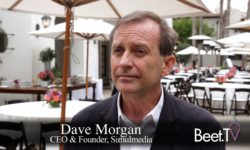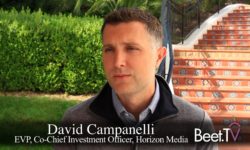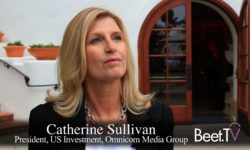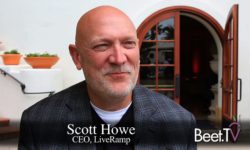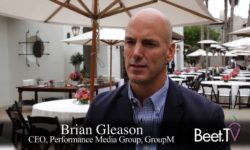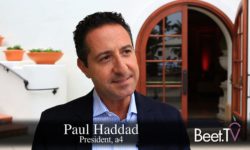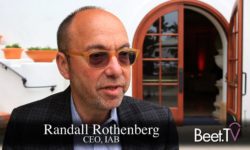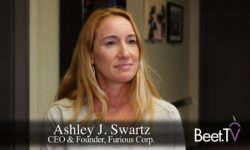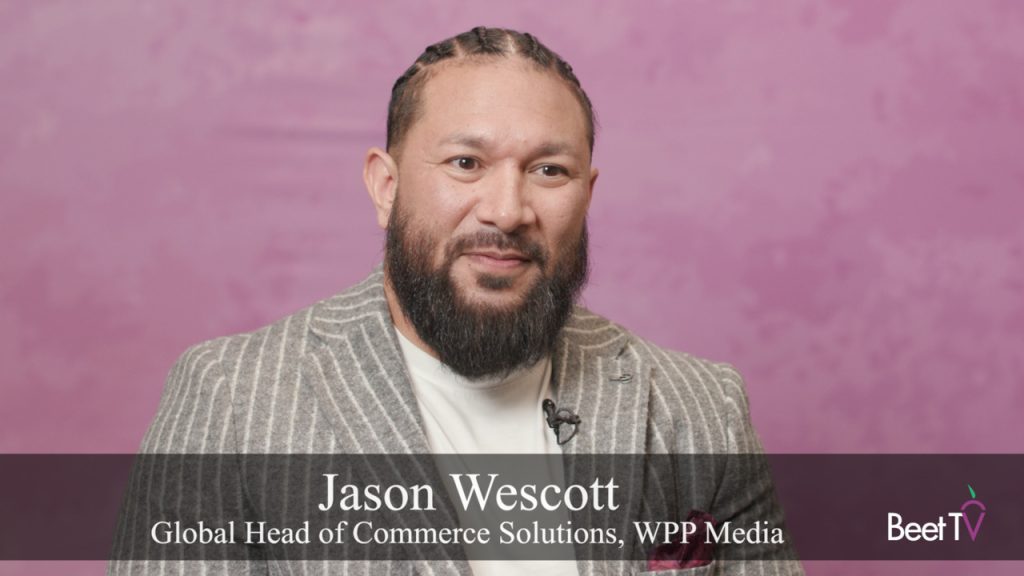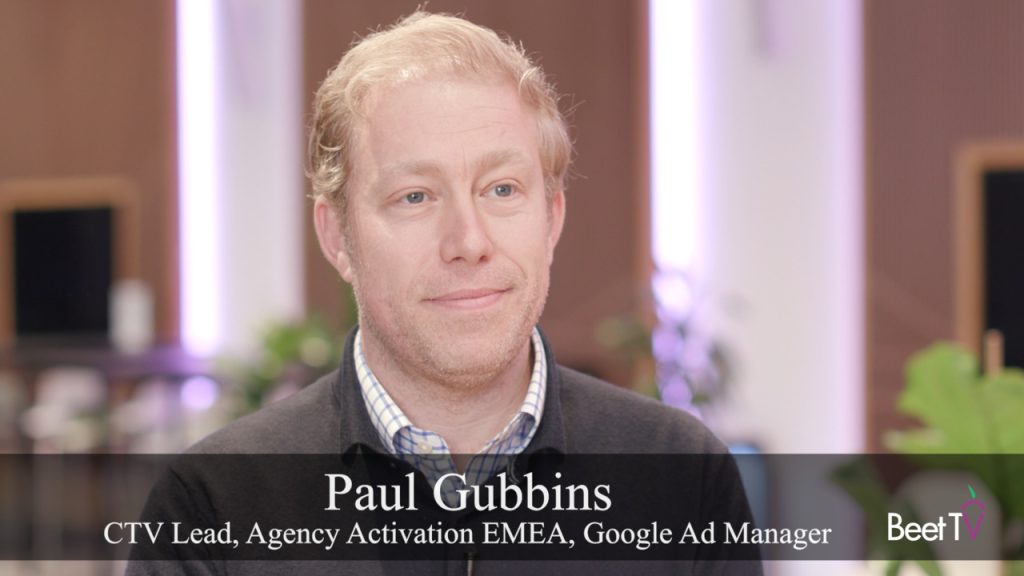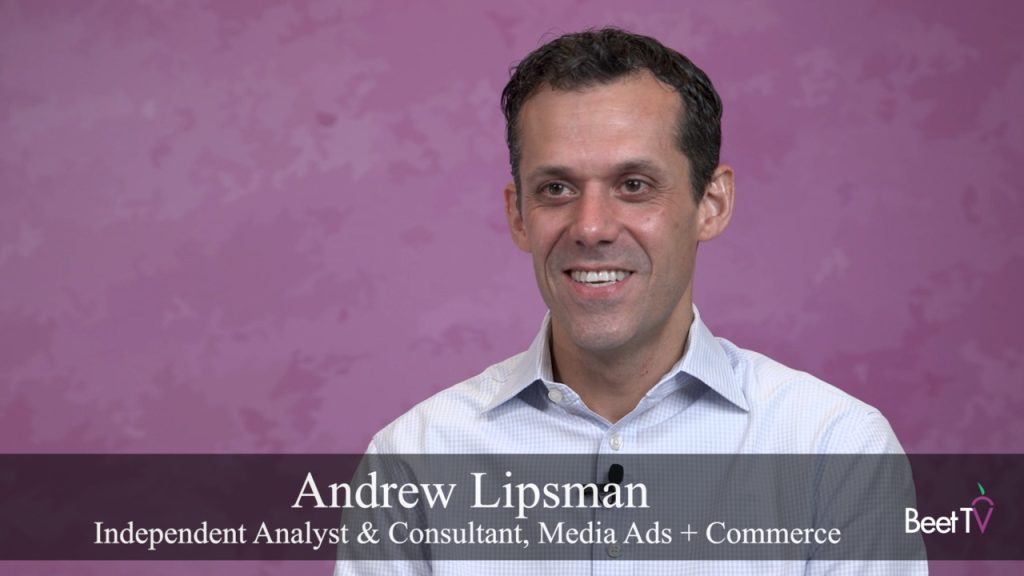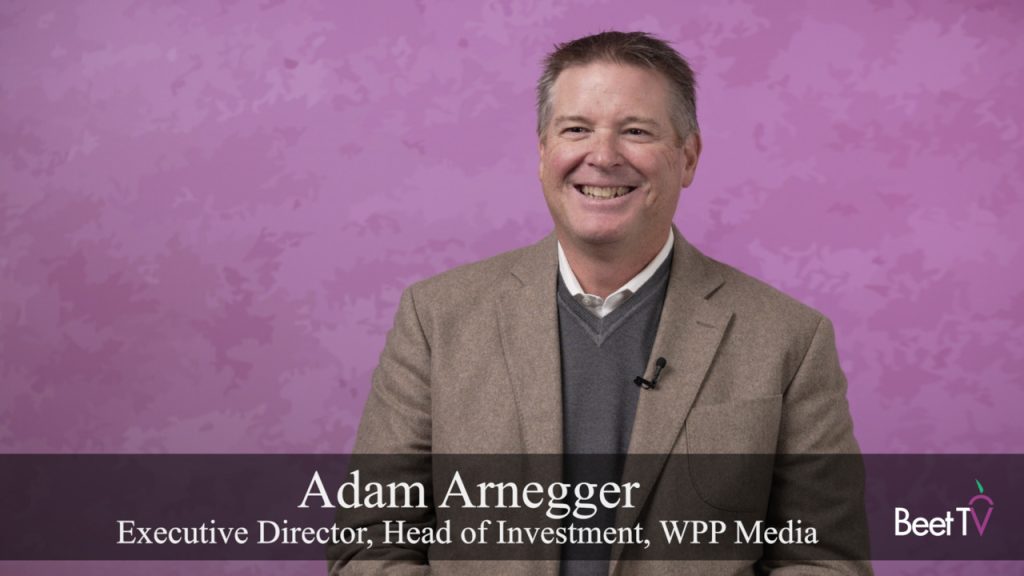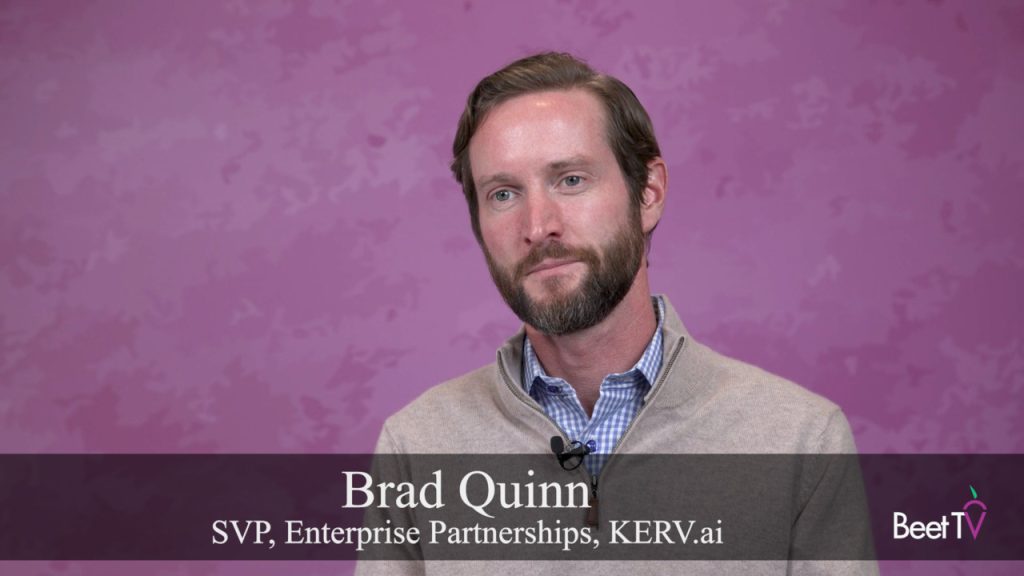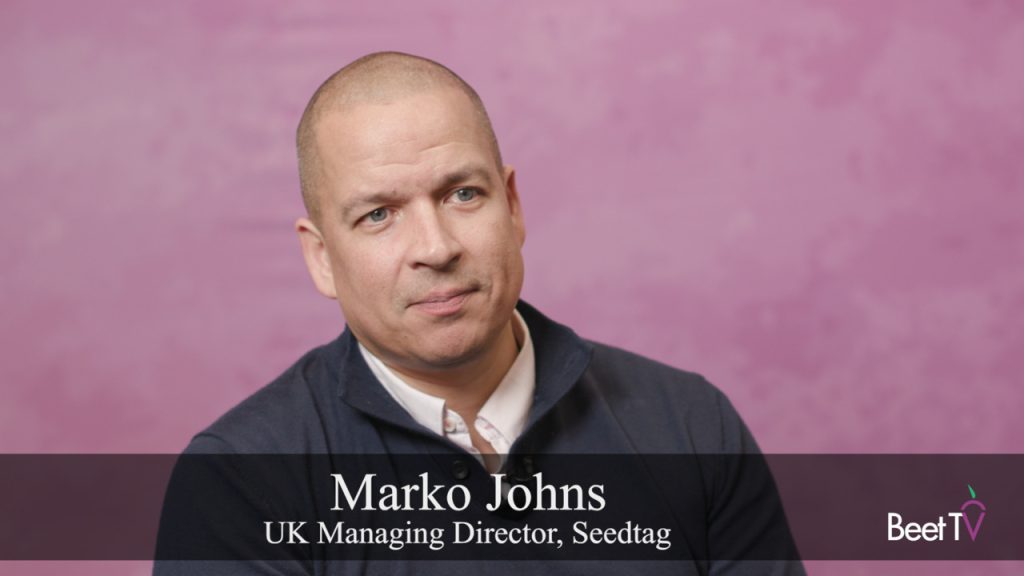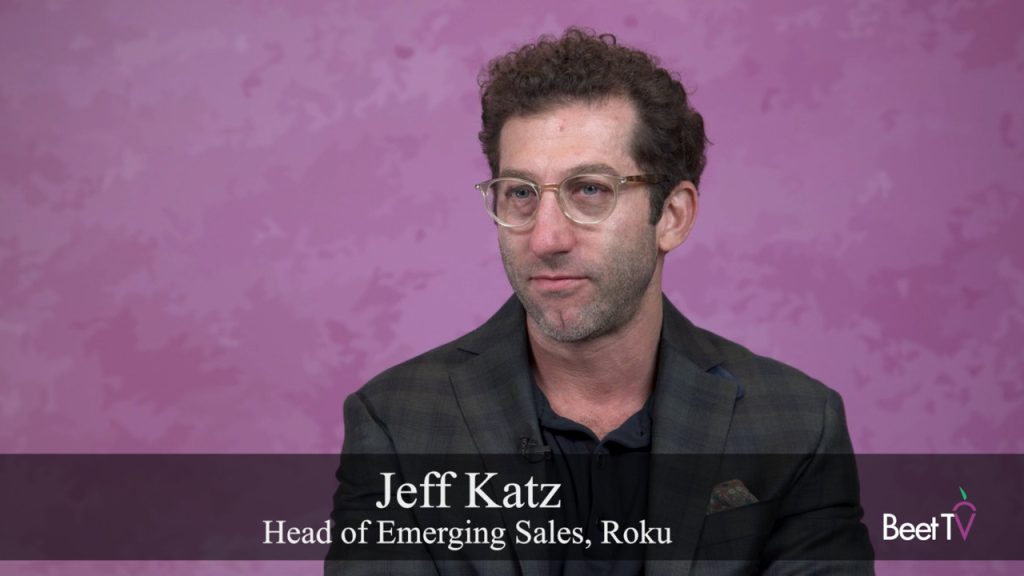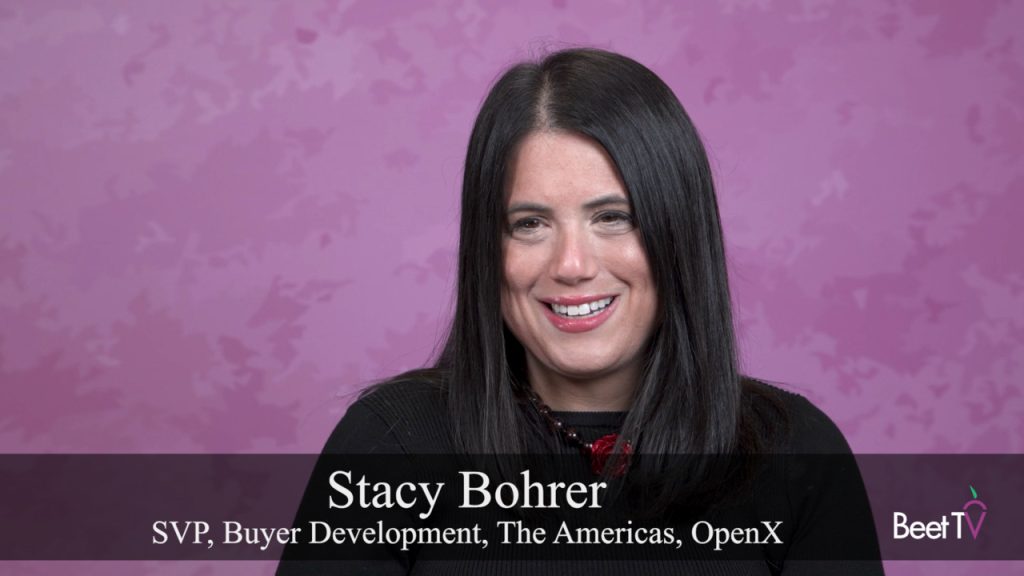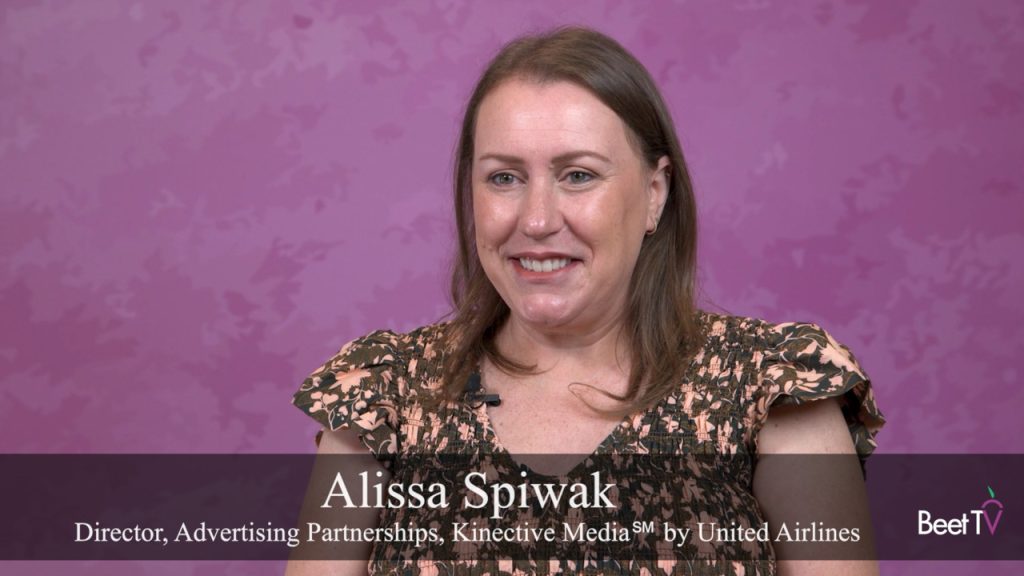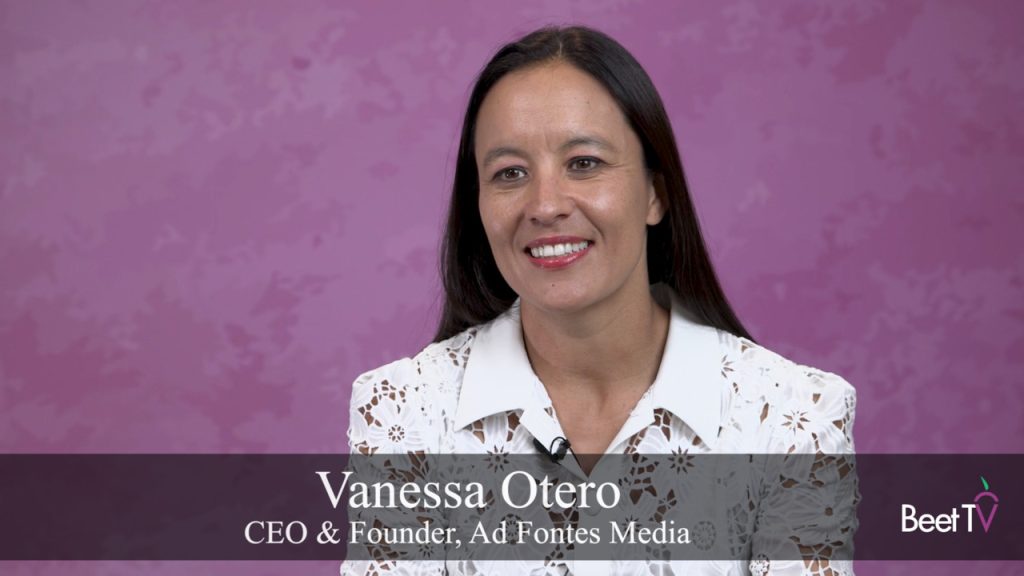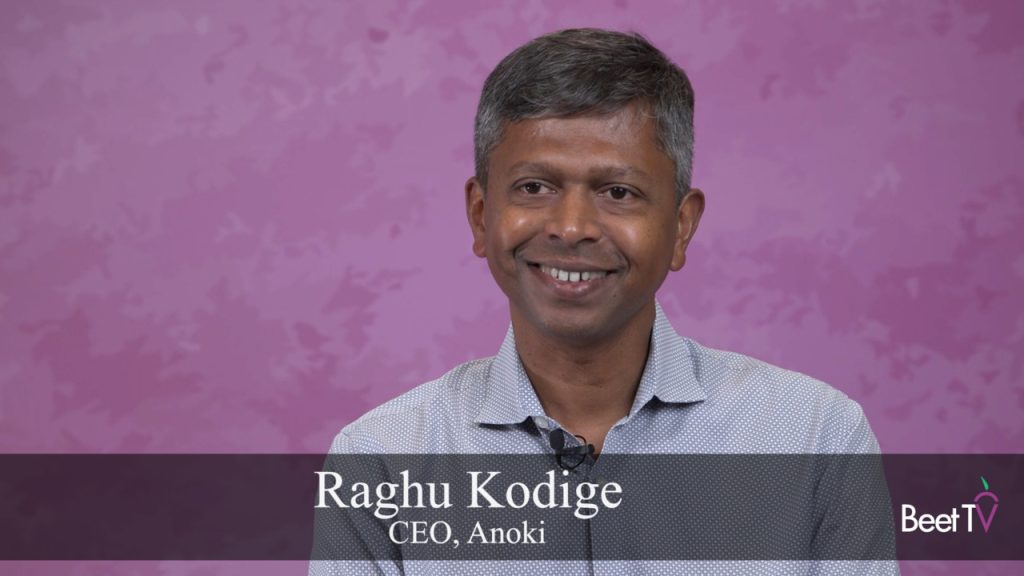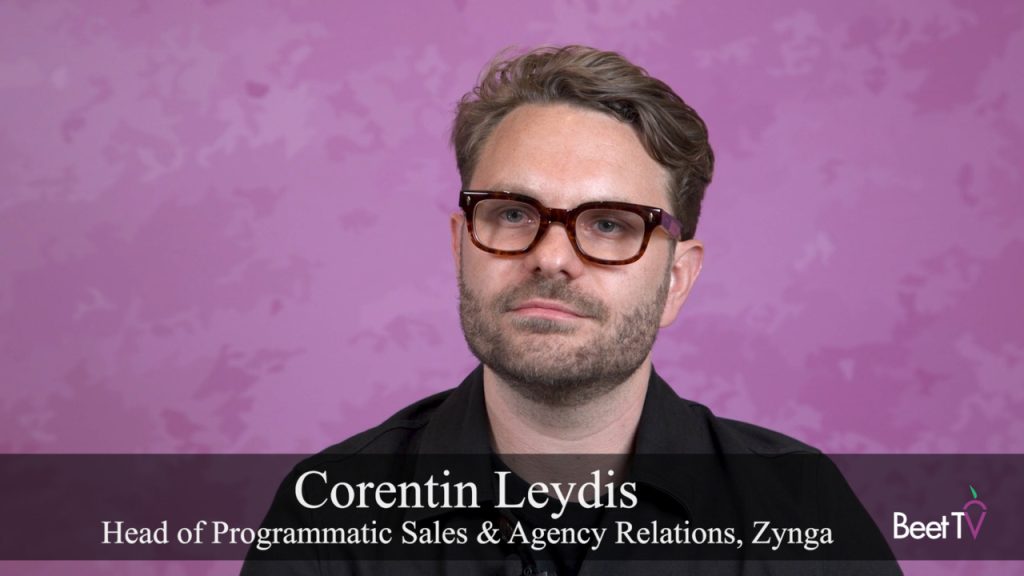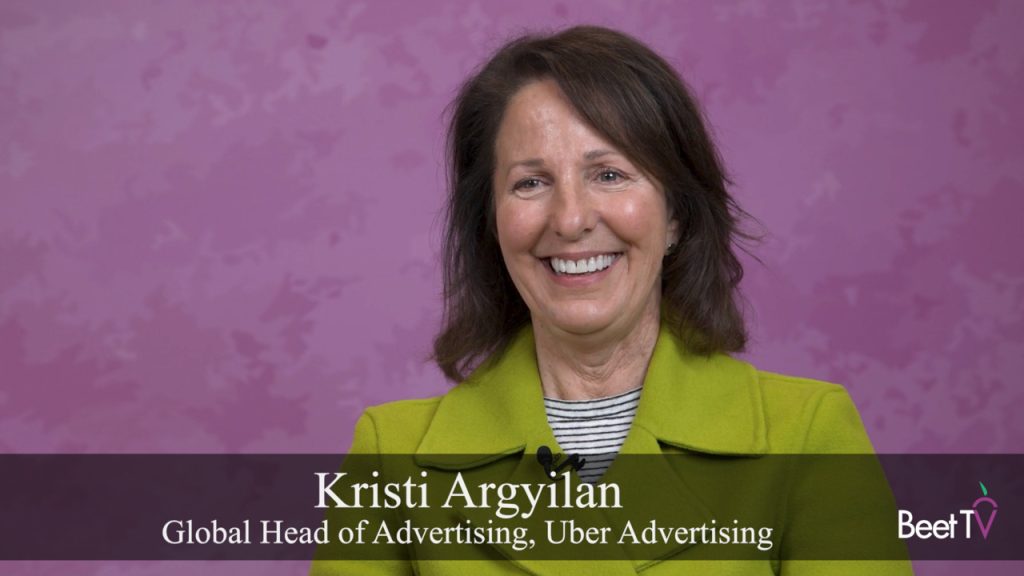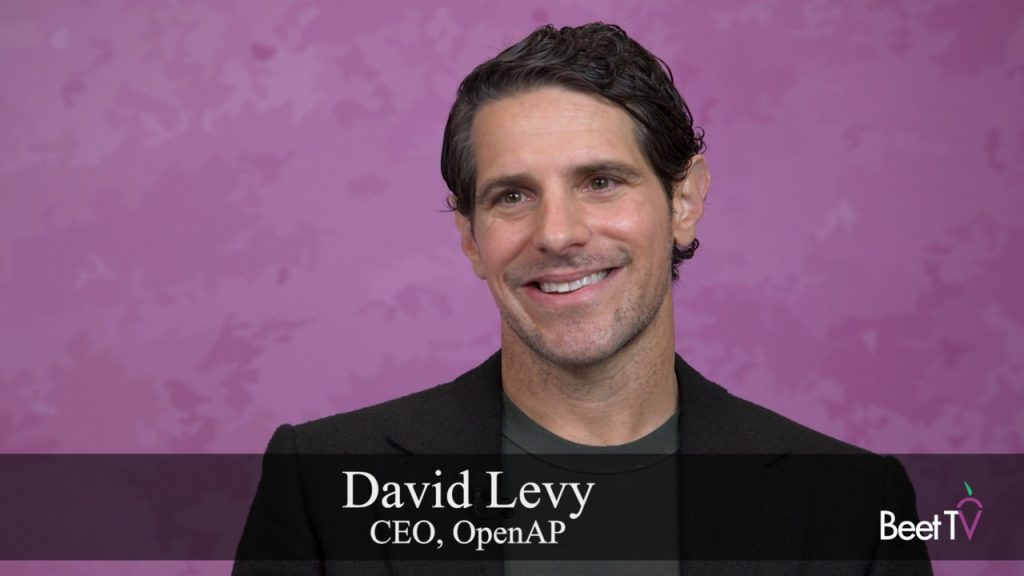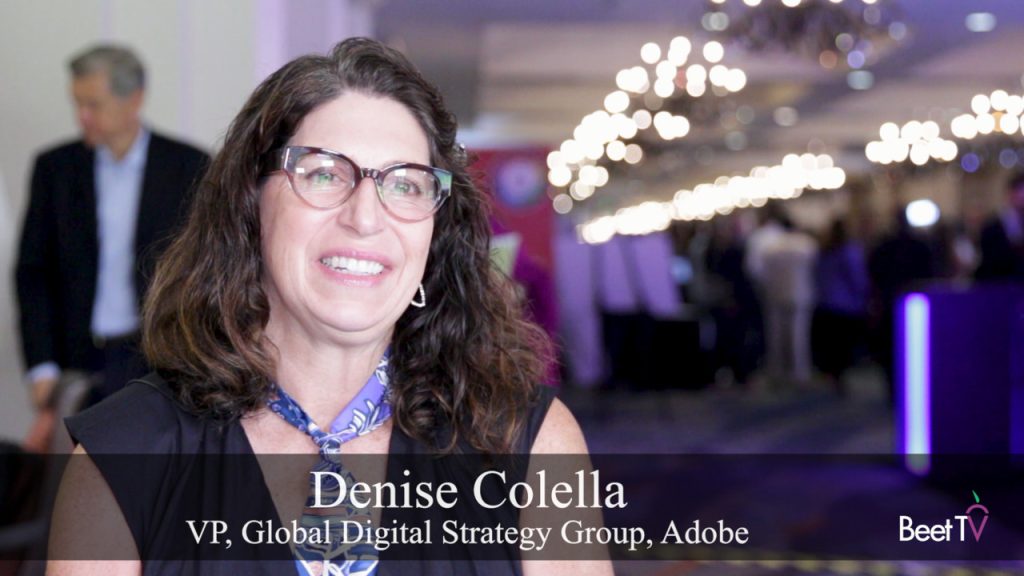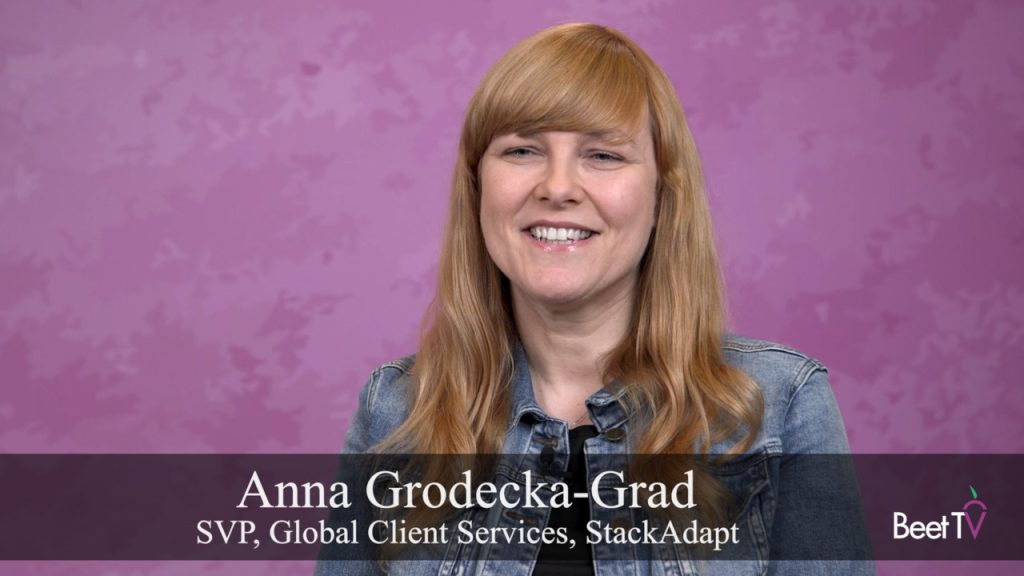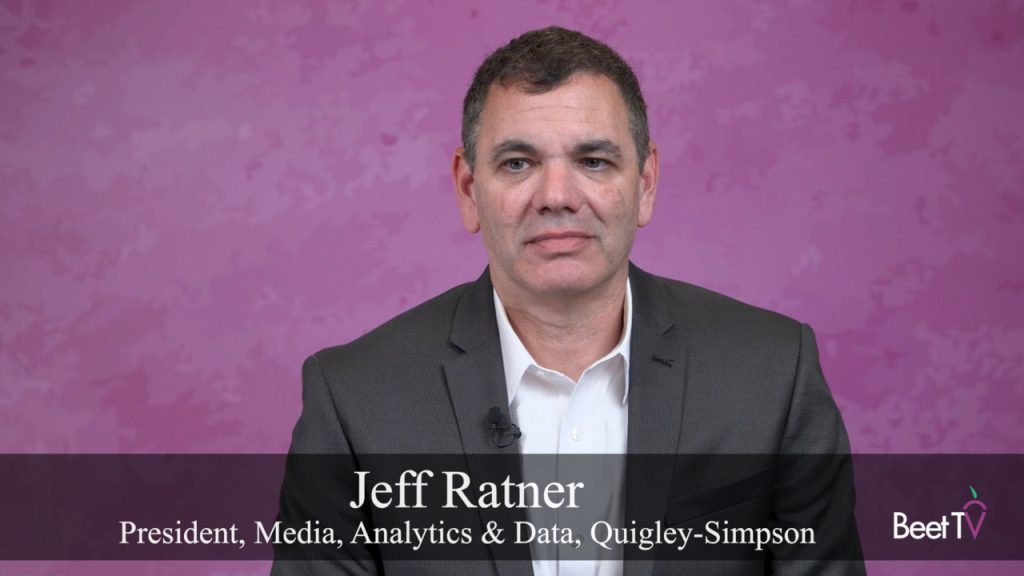SANTA BARBARA, CA – In a news environment characterized by “information overload,” journalists need to slow things down a bit and in so doing help people become smarter, says CNN’s Senior Media Correspondent, Brian Stelter.
“It’s almost as if we need like, a little bit of a slow news movement because everything’s happening so fast and there is so much access to so much information,” Stelter says in this Beet.TV interview at AT&T’s Xandr Relevance Conference in which he discusses President Trump’s “fake news” claims and what journalists should be doing in response.
“I think right now there’s so much confusion and chaos, and maybe even most news consumers are hungry for people to hit the brakes a little bit, for journalists to hit the brakes a little bit and tell them what really matters, what really is going on and why it really affects them,” Stelter says.
At The Relevance Conference, Stelter moderated a panel discussion titled Breaking The News: Staying Relevant In A Real-Time News Cycle. It featured Jesse Angelo of the New York Post, PBS NewsHour’s Sara Just, Allison Rockey of VOX and Bari Weiss from The New York Times.
“I think the higher quality news organizations, or the ones that seek to be higher quality, are the ones that are trying to help folks digest the news and process the news and get past the headlines of what’s happening,” says Stelter.
Part of the panel discussion focused on the value that news organizations should be bringing to the table. “The value is to make people smarter. Not to make people angrier or make people confused. But to make people smarter about what’s happening. I do think we see all across the news media examples of efforts to do that,” Stelter adds.
In a Tuesday morning opening fireside chat on the main stage with CNN’s Poppy Harlow moderating, AT&T CEO Randall Stephenson forcefully addressed the company’s commitment to a free press and its essential role in society.
“Whatever you think about CNN, whatever you think about CNN’s rivals, we need a strong and healthy and diverse news media in the United States and we need owners who respect that. And AT&T has been saying all the right things and doing all the right things since the acquisition happened,” says Stelter.
Asked about the impact on the public of President Trump’s frequent claims of “fake news,” he calls such behavior “a slow-acting poison that is gradually trickling through the American body and causing an infection, causing a disease, causing a sickness.”
Given that a subset of the U.S. public actually believes what President Trump is saying, “My big concern is let’s take that thirty or forty percent of the country that seems to believe him or agree with his attacks. What can we do to win back folks’ trust? To show them that the news is real and the journalists are trying their best to get it right. That’s a challenge and that’s a mission for these newsrooms, for all of us.”
This video is part of a series leading up to, and covering the Xandr Relevance Conference in Santa Barbara. For more videos from the series, please visit this page. This Beet.TV program is sponsored by Xandr, a unit of AT&T.









